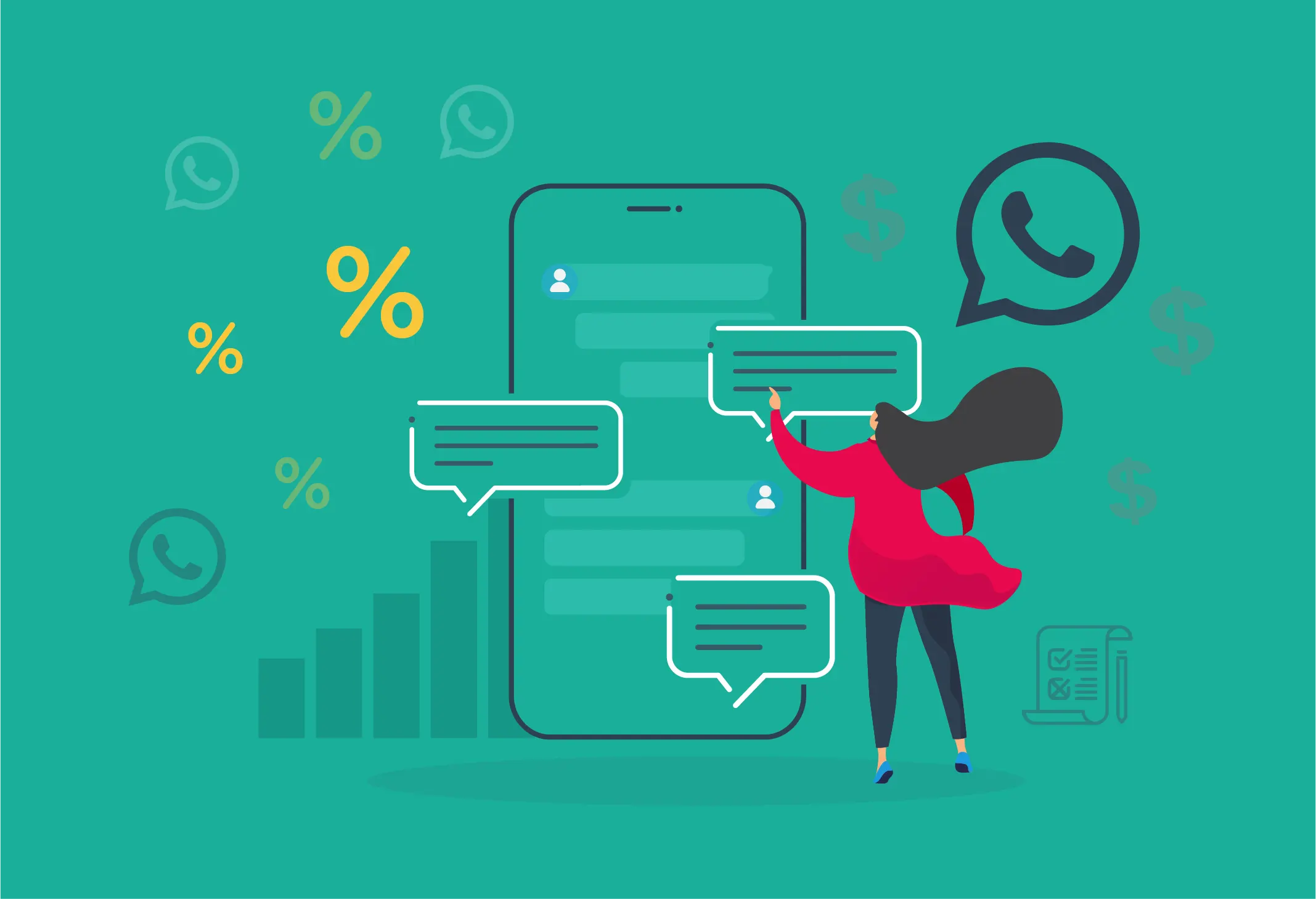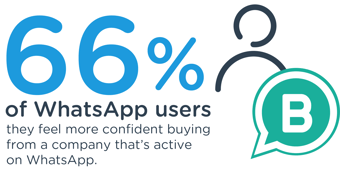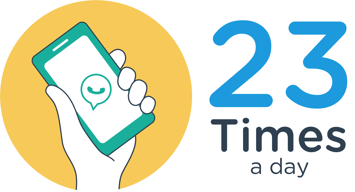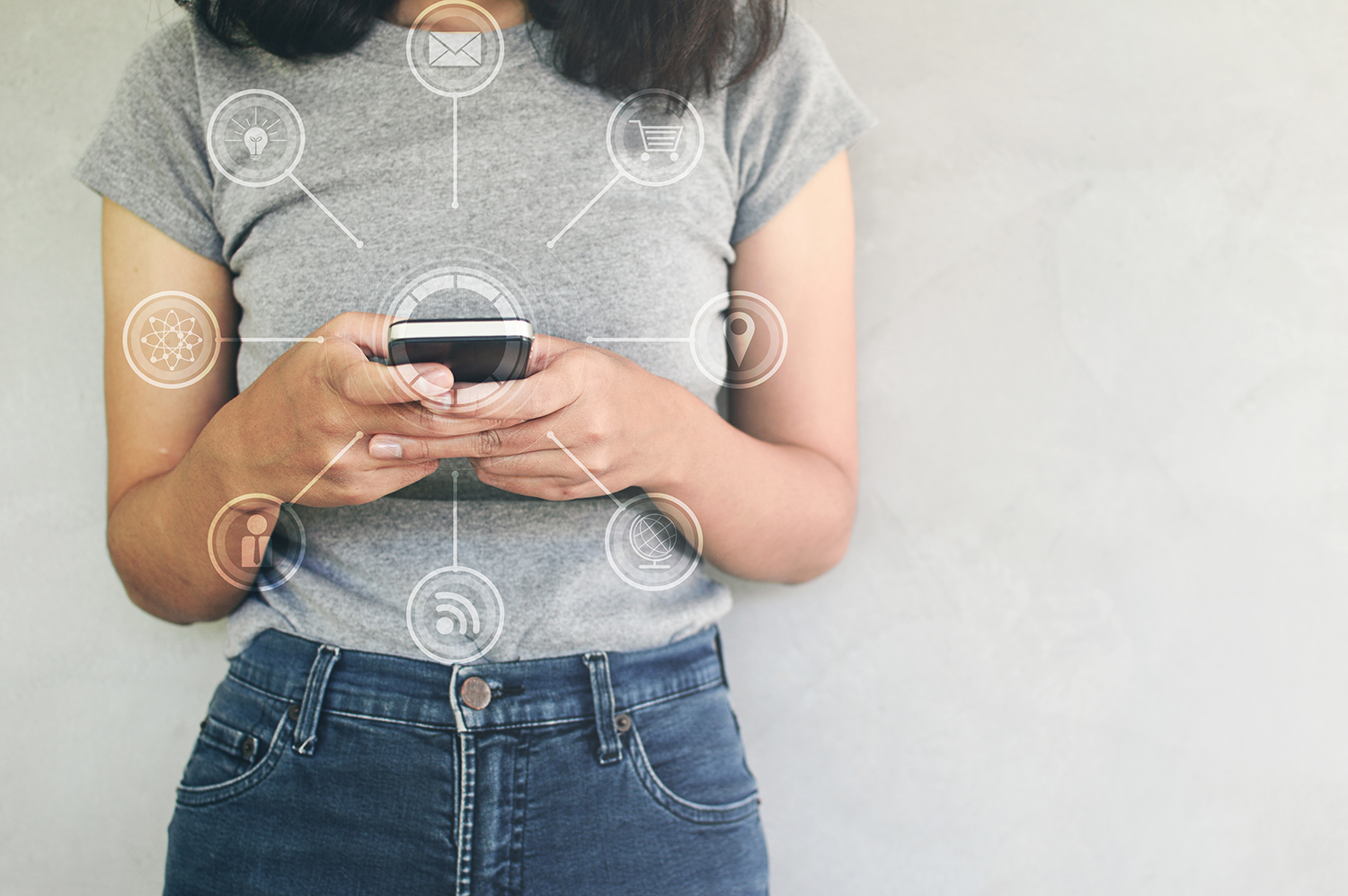New Types of Notifications: The Next Big Thing in WhatsApp Engagement
New Types of Notifications: The Next Big Thing in WhatsApp Engagement

How marketers can share relevant offers over WhatsApp - and the rules they must follow.
Facebook recently opened the way for profound engagement with customers, giving companies the opportunity to send additional types of messages to clients and customers. If you’re already using WhatsApp API for Business this gives you new options for increasing sales and boosting customer engagement. If you’re not already using the channel it may be the change you’ve been waiting for.Because these notifications are based on templates, they’ll be sent out automatically
In this article, we’ll show you what you can and can’t do with the new types of notifications, and how to use them effectively to boost customer engagement and sales.
Used effectively, WhatsApp is a powerful tool for marketing and sales. A typical user checks their WhatsApp messages 23 times a day. Around 66% of WhatsApp users say they feel more confident buying from a company that’s active on WhatsApp.


Related articles

05 October 2022
Why You Need WhatsApp Business API in Your Start-up
Consumers today often prefer messaging over phone calls when it comes to service issues. A recent study found that 52% of customers would rather message th...
Read more



